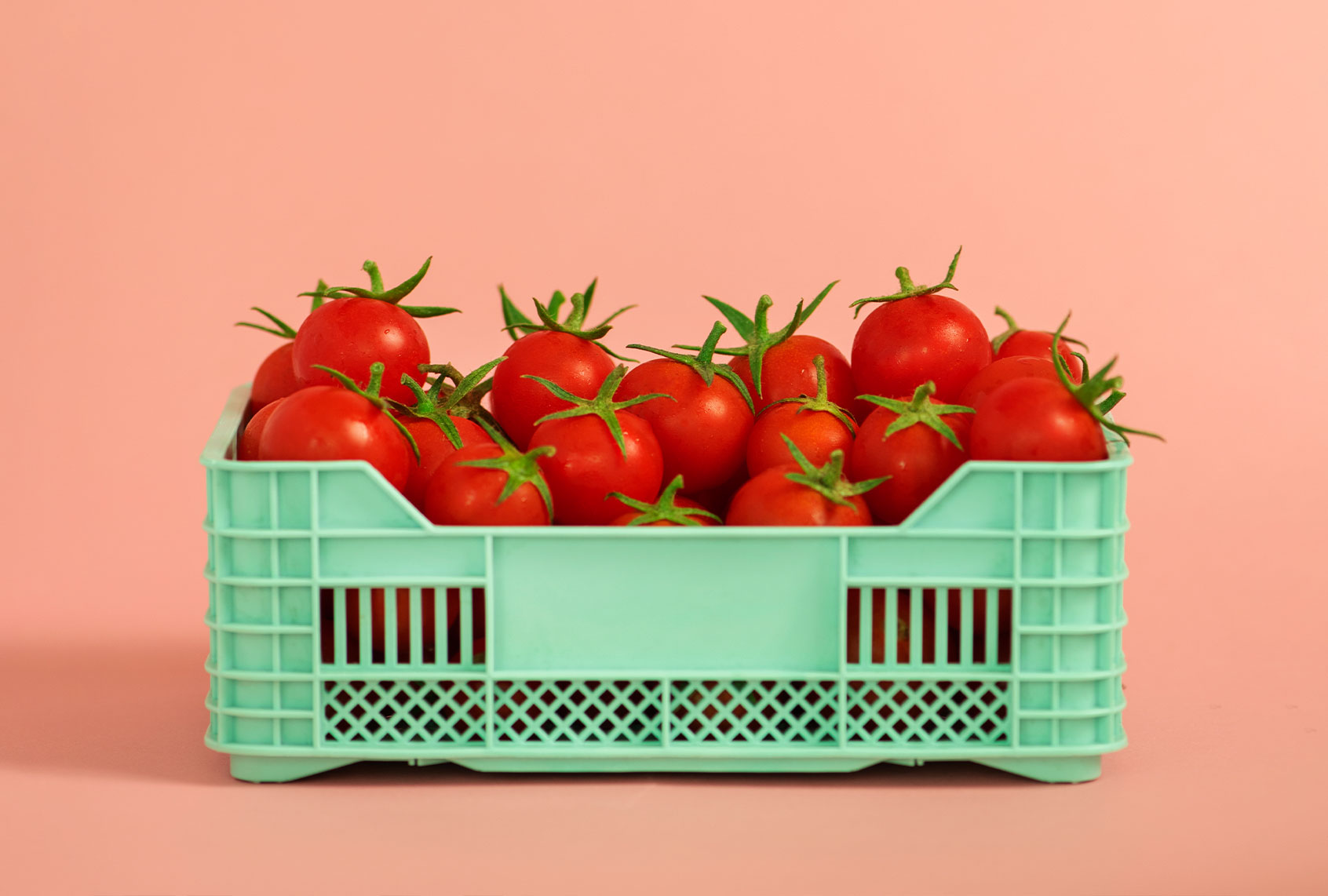Feeding Africa’s growing population is a big development challenge for governments, policy makers and agriculture experts. Adding to the challenge is the high level of food loss and waste that most small-scale farmers experience.
The African Postharvest Losses Information System reports indicate that countries in Africa waste more than 30% of fresh fruits and vegetables through inefficient post-harvest management. The impact of this loss and waste is severe on smallholders who rely on farming for a living. The Rockefeller Foundation has warned that inefficient post-harvest infrastructure could cause millions of agriculture-dependent households in Africa to fall back into extreme poverty.
The region urgently needs solutions to reduce food loss and waste.
Tanzania is one of the countries that experience this problem. The East African nation is an agriculture-based economy, with small-scale farmers dominating the sector. Most small-scale farmers live in areas where access to electricity is limited. As a result, they don’t have cold storage facilities for their fresh vegetables and fruits. With a lack of cold storage, nearly 30% of fresh produce in Tanzania perish before they get to consumers. For fresh tomatoes, as much as 50% is lost before reaching markets due to poor storage conditions.
Recently, solar-powered cold storage facilities have emerged as a potential solution. These facilities are already benefiting thousands of farmers and traders in Nigeria, but they are not reaching many others across sub-Saharan Africa.
In my recent research, I examined what was holding back progress. Focusing on tomato farming in Kilolo district in southeast Tanzania, I spoke to farmers, solar energy experts and policy experts to explore what needs to be done to improve access to cold storage facilities. I found that the barriers to uptake were limited awareness, the cost of the technology, farmers’ low capacity to pay and consumer preference for non-refrigerated food. Practical policy interventions would include incentives to attract investment, payment flexibility to make technology more affordable and greater awareness of the benefits of cold storage.
What causes tomato losses
Tomato production has huge agribusiness potential in Tanzania. However, small-scale farmers are confronted with several post-harvest management challenges.
In my interactions with farmers, I noticed that most tomatoes got damaged soon after harvesting due to poor handling, lack of proper storage and the use of motorbikes to transport tomatoes from farms to distant wholesale markets.
Due to a lack of storage facilities, farmers without pre-orders kept their harvest in a shaded open space while waiting for buyers. Some reported treating matured tomatoes with chemicals to delay ripening while waiting for buyers, or they simply delayed harvesting them. When the rain comes, most tomatoes get spoiled very quickly. As a result of all these factors, post-harvest tomato losses could be as high as 60%.
Solar-powered cold storage technology
Tanzania has made significant progress in increasing access to solar energy technologies for rural populations. About 70% of rural households use appliances powered by solar, but high investment costs remain the most significant barrier to uptake.
A solar expert told me a 40-foot solar-powered cold storage facility could cost about US$20,000 to set up. Given that most small-scale farmers are low-income earners, such a facility is beyond their means. As a result of small market share and the significant upfront costs involved, solar companies have been reluctant to venture into the cold storage technology business, added this solar expert. The capital cost constraint is also linked to poor financing for renewable energy programs. In several parts of Africa, including Tanzania, insufficient foreign direct investment for solar energy projects has been identified as a major impediment to market growth.
Solar-powered technologies are a clean energy solution with environmental benefits, but they are rarely promoted; marketing is poor. In Tanzania, my interactions with farmers and traders revealed that the vast majority of the potential market had no basic knowledge of solar-powered cold storage. They were interested in using the technology to minimize losses during harvest season, but they weren’t sure how it would affect their business earnings. They needed more information.
Farmers and traders also expressed concerns about whether their regular clients would be willing to buy chilled or refrigerated tomatoes. I was surprised to hear that this was a potential problem. According to these farmers, most consumers in Tanzania prefer freshly harvested tomatoes. One said:
Distant buyers from Dar es Salaam, Tanga or Dodoma sometimes opt to come straight to the farm and pick the tomatoes they want; usually, they prefer and want you to harvest those that are in the green stage so that they don’t spoil during transportation. These kinds of buyers will not buy tomatoes that have been stored in cold storage facility.
Experts suggested that this concern could stem from limited exposure to chilled and frozen foods among local populations in Africa. Solar service providers would need to be aware of this market reality.
Overcoming barriers
Solar-powered cold storage technology is of prime significance in Africa’s efforts to cut post-harvest losses and attain food security, as outlined in the African Union Malabo Declaration, but costs and affordability make it very challenging for African-based solar service providers. Private sector participation will be needed to increase financing and investment for cold storage technologies in emerging markets such as Tanzania. This can only be realized under a supportive regulatory environment and innovative policy incentives that attract capital.
The good news is that in the last few years, private financing for renewable energy programs in developing countries has more than doubled. The opportunities are opening up for African-based solar companies and their potential market.
Evodius Waziri Rutta, Sustainability Researcher, Queen’s University, Ontario
This article is republished from The Conversation under a Creative Commons license.

